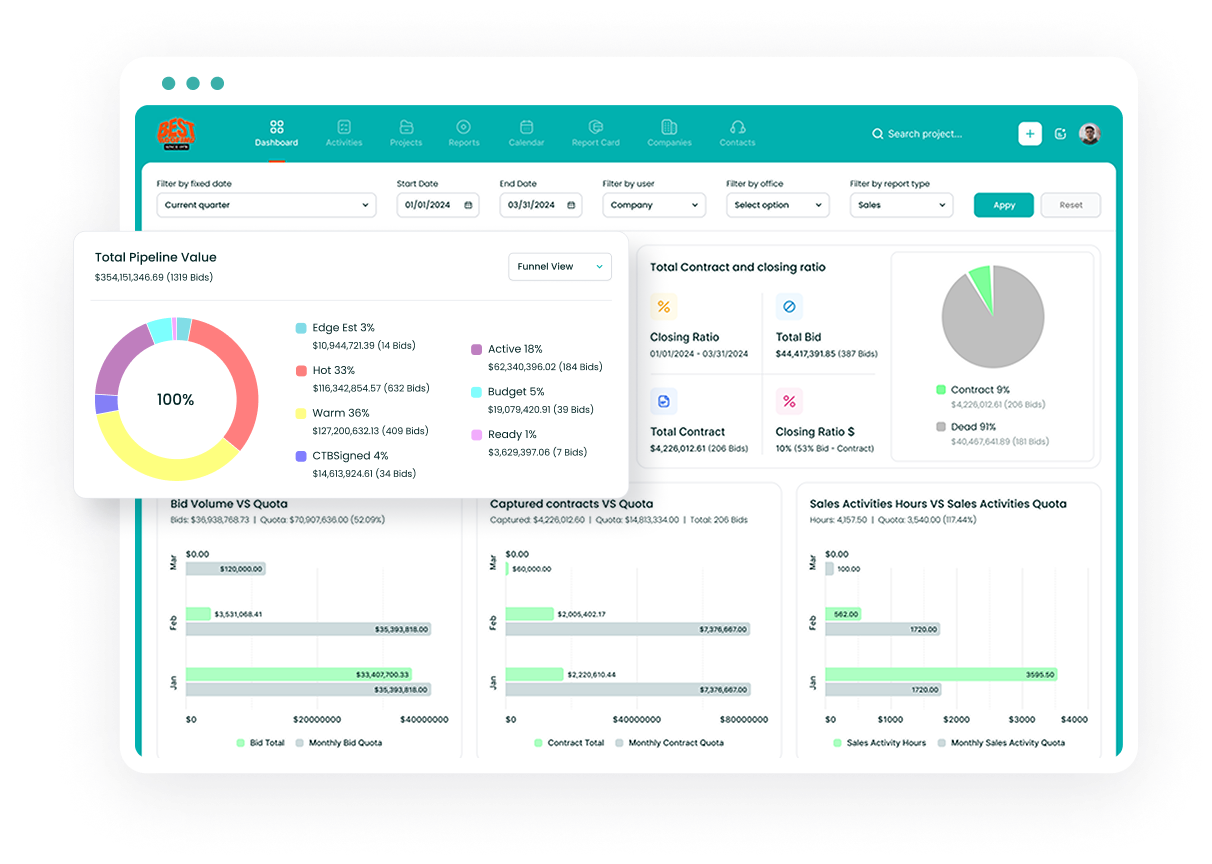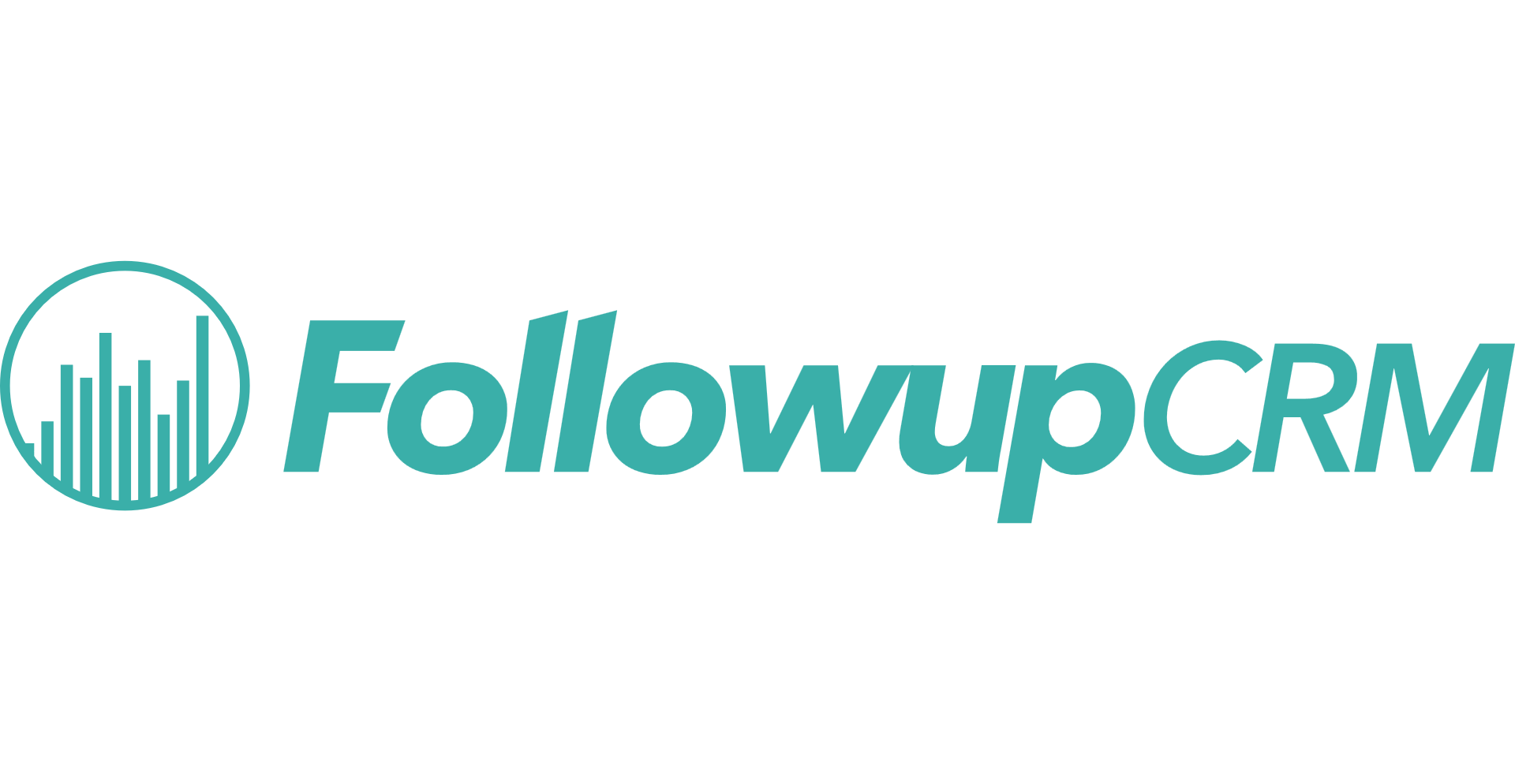Jobber vs Square
Running a service business requires robust software solutions that streamline operations and enhance customer experience. Jobber and Square have emerged as prominent players in this space, each offering distinct advantages for different business needs. While Jobber specializes in field service management, Square provides a broader business management ecosystem with strong payment processing capabilities.
Understanding the Core Differences Between Jobber and Square
Jobber, founded in 2011 in Edmonton, Canada, has established itself as a dedicated field service software platform. The company focuses exclusively on providing solutions for home service businesses across multiple industries. Their specialized approach reflects in their feature set and overall product design.
Square, established in 2009, has evolved from a payment processing company into a comprehensive business management platform. Their expansion into various business sectors, including field services, has resulted in a versatile solution that combines payment processing with business management tools.
Essential Features and Capabilities for Service Businesses
The feature sets of both platforms reflect their different approaches to service business management. Jobber emphasizes field service operations with specialized tools for route optimization, job tracking, and customer relationship management. Their platform includes comprehensive scheduling capabilities, detailed job management features, and a robust mobile application designed specifically for field teams.
Square approaches service business management from a different angle, prioritizing payment processing and point-of-sale functionality. Their platform includes:
- Integrated payment processing with competitive rates
- Versatile appointment scheduling system
- Comprehensive inventory management
- Advanced reporting and analytics tools
- Marketing and customer engagement features
Both platforms offer mobile applications, though their focus differs significantly. Jobber's mobile solution emphasizes field operations, while Square's mobile offerings center around payment processing and basic business management.
User Experience and Interface Design
The user experience of both platforms demonstrates their understanding of their target markets. Jobber's interface prioritizes efficiency for field service operations, with intuitive navigation and quick access to essential features. Their mobile application maintains functionality even without internet connectivity, a crucial feature for field teams.
Square's interface reflects their retail and restaurant industry roots, with a clean, modern design that emphasizes quick transactions and customer management. Their system excels in point-of-sale operations, though some users note that accessing advanced features requires additional navigation steps.
Pricing Models and Value Proposition
Understanding the pricing structure helps businesses make informed decisions about their software investments. Jobber operates on a tiered pricing model:
- The Core plan provides essential features for single users at $49 monthly, perfect for solo operators or small businesses just starting out.
- The Connect plan expands capabilities for up to 7 users at $129 monthly, adding features like online booking and expense tracking.
- The Grow plan accommodates up to 30 users at $249 monthly, including advanced features and comprehensive business management tools.
Square's pricing structure offers more flexibility but can become complex with various add-ons and service-specific plans. Their basic point-of-sale software comes free with transaction fees, while additional services like Square Appointments and industry-specific solutions have separate pricing tiers.
Mobile Solutions and Field Operations
Mobile functionality plays a crucial role in modern service businesses. Jobber's mobile application serves as a comprehensive field operations tool, enabling teams to manage their daily tasks effectively. The application provides offline functionality, ensuring continuous operation regardless of internet connectivity.
Square's mobile solutions focus primarily on payment processing and basic business management. Their separate Square Appointments application adds scheduling capabilities, though it may require multiple apps to access all features.
Integration Ecosystems and Business Tools
Modern businesses require seamless integration between their various software tools. Jobber provides essential integrations with popular business applications, focusing on accounting, payment processing, and marketing tools. Their integration with QuickBooks Online particularly stands out for its robust synchronization capabilities.
Square offers a more extensive integration ecosystem, connecting with numerous business tools and platforms. Their open API and developer tools enable businesses to create custom integrations when needed.
Customer Support and Training Resources
Both platforms recognize the importance of comprehensive support systems. Jobber maintains a reputation for responsive customer service, offering 24/7 support through multiple channels. Their training resources include detailed documentation, video tutorials, and regular webinars to help businesses maximize their software investment.
Square provides extensive support options, though response times may vary depending on the service plan. Their online knowledge base and community forums offer valuable resources for troubleshooting and learning advanced features.
Security and Compliance Standards
Security remains a top priority for both platforms. Jobber implements industry-standard encryption and data protection measures, ensuring customer information remains secure. Their regular security audits and updates maintain compliance with current regulations.
Square's extensive experience in payment processing reflects in their robust security infrastructure. Their platform includes fraud prevention tools and maintains compliance with payment industry standards, providing businesses with peace of mind for financial transactions.
Future Development and Platform Evolution
Both companies actively develop their platforms, regularly introducing new features and improvements. Jobber focuses on enhancing field service capabilities, with recent updates targeting automation and customer communication tools. Their development roadmap emphasizes efficiency improvements for service businesses.
Square continues to expand their business management ecosystem, introducing new tools and services for various industries. Their development efforts often focus on payment processing innovations and expanding their financial services offerings.
Advanced Reporting and Analytics Tools for Business Growth
Both platforms provide comprehensive reporting capabilities that help businesses make data-driven decisions. Jobber offers over 20 built-in reports covering various aspects of business operations, from financial performance to team productivity. These reports enable businesses to identify trends, track key performance indicators, and optimize their operations.
Square's analytics suite focuses heavily on payment and sales data, providing detailed insights into transaction patterns and customer behavior. Their reporting tools integrate seamlessly with their payment processing system, offering real-time data on sales, refunds, and revenue trends.
Customization Options and Business Scalability
The ability to customize software according to specific business needs plays a vital role in operational efficiency. Jobber provides extensive customization options for forms, workflows, and client communications. Their platform allows businesses to create custom fields, modify service checklists, and tailor client communications to match their brand voice.
Square approaches customization through their modular system, where businesses can add or remove features as needed. Their platform allows for customized payment flows, receipt templates, and customer feedback forms. This flexibility enables businesses to scale their operations while maintaining consistent service quality.
Essential Steps for Successful Software Implementation
A successful transition to new business management software requires careful planning and execution. The implementation process involves several critical steps:
- Team members must receive comprehensive training on all relevant features and functionalities to ensure smooth adoption across the organization.
- Business owners should establish clear protocols for data migration and backup procedures to prevent any loss of crucial information during the transition.
- Organizations need to develop standard operating procedures that incorporate the new software into daily workflows effectively.
- Management teams should set up regular check-ins to address any challenges and optimize software usage based on team feedback.
- Companies must establish metrics to measure the success of the implementation and identify areas for improvement.
When implementing new software, success relies on careful planning and consistent oversight. Teams that maintain open lines of communication, organized documentation, and regular monitoring tend to experience smoother transitions, as everyone understands their role in the process. This proactive approach enables organizations to address any challenges before they become significant obstacles, ensuring the software continues to serve its intended purpose effectively.
Software Selection Guide for Service Businesses
When evaluating business management software, several factors deserve careful consideration. The primary focus should remain on operational requirements, team size, and growth projections. Consider the specific features that align with daily operations and future expansion plans.
The investment in either platform represents a significant business decision that affects daily operations and long-term success. Take advantage of free trials and demonstrations to experience the software firsthand. This hands-on experience proves invaluable in determining which solution better suits specific business needs.
Making the Right Choice for Your Business Operations
Selecting the appropriate software solution significantly impacts operational efficiency and business growth potential. Both Jobber and Square offer distinct advantages for service businesses, with each platform excelling in different areas. The decision ultimately depends on specific business requirements, team size, and long-term objectives.
Consider starting with a smaller implementation before expanding to full deployment. This approach allows for proper evaluation of the software's impact on daily operations while minimizing potential disruptions. Remember that successful implementation requires commitment from the entire team and consistent effort in utilizing all relevant features.
The right choice empowers businesses to streamline operations, improve customer service, and achieve sustainable growth. Take time to evaluate both options thoroughly, considering not just current needs but also future expansion plans.
Sources: [1] https://getjobber.com [2] https://www.softwareadvice.com/field-service/jobber-profile/reviews/ [3] https://fitsmallbusiness.com/square-competitors/ [4] https://www.nerdwallet.com/reviews/small-business/square-pos [5] https://wise.com/us/blog/square-online-store-reviews [6] https://www3.technologyevaluation.com/solutions/54183/jobber [7] https://www.forbes.com/advisor/business/software/square-review/ [8] https://connecteam.com/reviews/jobber/
The CRM Built For Construction Companies
No more disorganized data. Track your leads, bids, and customers all in one place.
Seamless Integration with:
✅ Foundation ✅ Viewpoint ✅ Sage and more

Request a Live Demo Now
Learn more about how Followup CRM can help your construction company grow.







